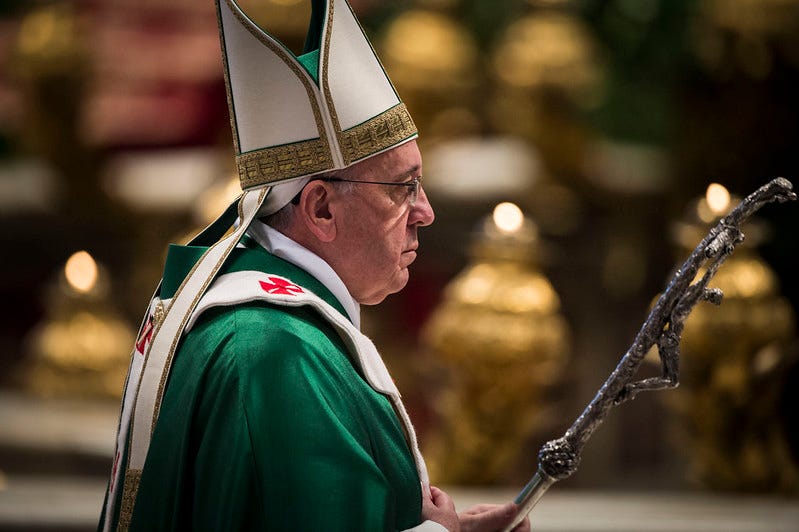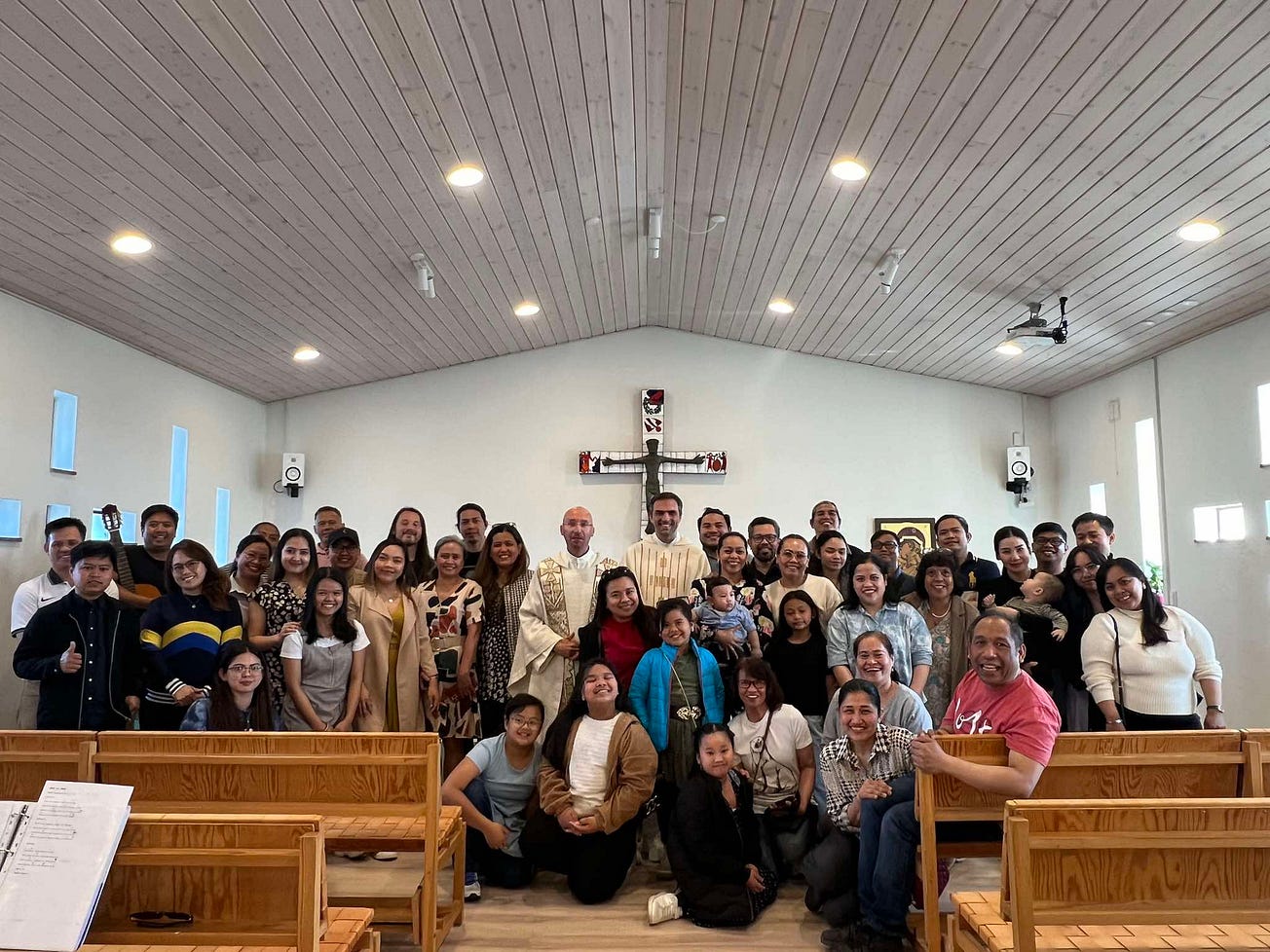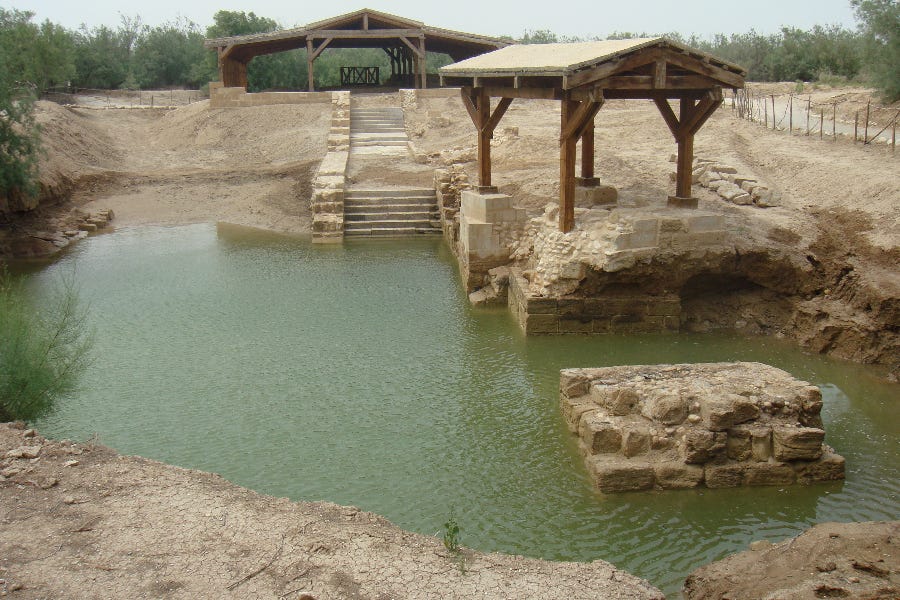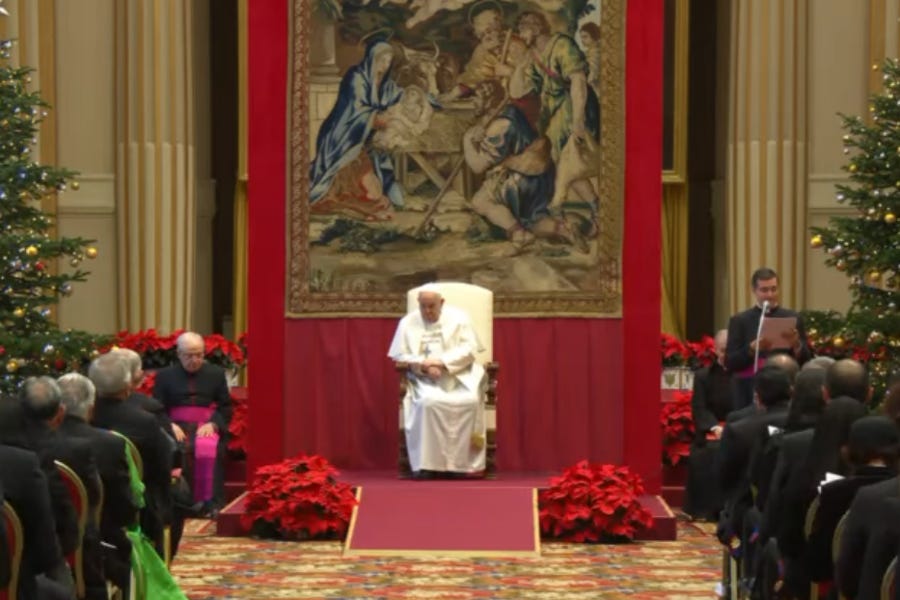Five months after Pope Francis issued new norms governing Vatican finances, the Secretariat of State has not yet given to the Secretariat of the Economy oversight and control over funds — a handover ordered by the pope — several Vatican officials have charged.
Neither the Secretariat of State nor the Vatican press office have responded to those charges.
In December 2020, Pope Francis issued the motu proprio Una migliore organizzazione which was supposed to transfer control and oversight of key financial affairs out of the Secretariat of State after years of financial scandal.
The motu proprio ordered the secretariat to turn over control of its assets and investment portfolio, together worth billions of euros, to APSA, the Holy See’s sovereign wealth fund, and “subject to an ad hoc control by the Secretariat for the Economy, which from now on will also perform the function of Papal Secretariat for economic and financial matters.”
Pope Francis set a February deadline for the transfer of oversight and control on key financial matters to the financial secretariat.
But senior Vatican officials close to APSA, the Secretariat for the Economy, and the Secretariat of State, all told The Pillar that no progress has been made in granting the economic secretariat the control and oversight mandated by the pope.
The Secretariat of State’s budget was also ordered to be submitted to the Secretariat for the Economy, but the office is “frozen out” of oversight and decision-making processes for the Secretariat of State and APSA, curial officials allege.
“There is no cooperation, none,” one senior Vatican official close to the Secretariat for the Economy told The Pillar. “It is worse than in the time of Cardinal Pell.”
“[The department is] simply not included in any of the necessary discussions or decision-making processes,” the official added.
Cardinal George Pell was the first prefect of the Secretariat for the Economy, appointed in 2014. The cardinal was granted a leave of absence in 2017 to return to Australia to fight accusations of sexual abuse — charges on which he was acquitted by the country’s High Court last year — and he did not return to his Vatican duties before his term ended in 2019.
Pell was succeeded by Fr. Juan Antonio Guerrero Alves, SJ, on Jan. 1, 2020.
The senior official close to the Secretariat for the Economy told The Pillar that Alves has been “intensely frustrated” in his attempts to work with the Secretariat of State and to exercise oversight of the state department’s financial affairs.
“Every effort is being made,” he told The Pillar, “and every effort is met with evasion, obstruction, or just silence.”
An official at the Secretariat of State told The Pillar that it is “an open secret” in the department that officials will not cooperate with Alves’ department.
He said that Alves is referred to within the Secretariat of State offices as a “mezzo-Pell” and as “the other Jesuit” in an apparent reference to Pope Francis.
A third senior official, close to APSA, also told The Pillar that there is an unofficial policy of non-cooperation with the Secretariat for the Economy, despite the legal instructions of Pope Francis.
“There is a sense that the Moneyval inspection is over, and more curial reform is coming with [Praedicate evangelium], and that it will be a long time before anything is settled into the final form. In the meanwhile, there is a preference for continuing as things have traditionally been done, which for the Secretariat of State means respecting its total autonomy.”
“It is a struggle for power in a fluid situation, with an eye on the longer term. For now, it is all a circus — the pope issues new rules, but everyone has their own plan.”
The source close to the Secretariat for the Economy told The Pillar that moves to freeze out the department from doing its work are “defiance of an aging pope,” and that Francis’ new laws have been treated as “nothing more than press releases” by officials at the Secretariat of State.
“Francis is 84, he’s trying to do a lot in a little time, making up perhaps for past delays, and the attitude seems to be that the old curial way will outlast him, and his plans,” the official said.
The Pillar requested comment from the Holy See press office on the apparent dysfunction between the Secretariats for the Economy and State and APSA and received no response.
The Pillar also asked the office of Cardinal Pietro Parolin, the Secretary of State, about the situation, specifically about any unofficial policy of non-cooperation with the Secretariat for the Economy in his department, and the references to Fr. Alves by state secretariat staff as a “half-Pell.” No response was received.
The Secretariat of State and APSA have previously worked together on projects which appeared to circumvent or ignore Vatican financial rules.
In 2015, the Vatican’s financial watchdog, the AIF, concluded that APSA was no longer an “entity that carries out financial activities on a professional basis,” and so “APSA stopped being a part of AIF’s jurisdiction at the end of 2015” — meaning that APSA was exempted from future AIF and Moneyval inspections.
Despite that change, the head of APSA, Bishop Nunzio Gallatino acknowledged in 2019 that APSA had provided a 50 million euro commercial loan in 2014, in violation of its undertakings to AIF and Moneyval which led to the 2015 exemption. That loan went to a for-profit foundation co-owned by the Secretariat of State to finance the purchase of the IDI hospital, which had collapsed under 800 million euros of debt related to money laundering, embezzlement, and fraud charges. Cardinal Parolin later acknowledged that he had acted to secure the loan from APSA, despite a 2012 prohibition on such loans.
The financial affairs of the Secretariat of State have been the subject of an investigation by Vatican prosecutors since July 2019, when the president of the Institute for Works of Religion (IOR) complained to Vatican financial watchdogs that Cardinal Parolin had pressured him to approve a 150 million euro loan to help shore up the department’s controversial purchase of a London building.
Attempts to impose financial discipline and oversight on the Secretariat of State, which, before Una migliore organizzazione, had control of millions of euros in Church charitable funds, including Peter’s Pence, as well as the pope’s private discretionary account, comes amid a financial crisis for the Vatican.
The 2021 budget, approved by the pope in February, forecast a 49.7 million euro shortfall. That budget deficit rises to 80 million if restricted funds like Peter’s Pence, the annual global collection to support the work of the pope, are factored out of the finances. In response, the pope issued a Vatican-wide pay cut for senior officials.
Conflict between the Secretariat for the Economy and the Secretariat of State dates back to the economic department’s creation by Pope Francis at the beginning of his pontificate.
As the economic dicastery’s first prefect, Pell was changed with implementing new accounting and transparency measures across all Vatican departments, but faced considerable opposition from the Secretariat of State, then led by Cardinal Angelo Becciu, who was sostituto for general affairs.
Pell’s department identified more than a billion euros “tucked away” in accounts not recorded on Vatican balance sheets, including the investment of more than 200 million euros with the businessman Raffaele Mincione by the Secretariat of State.
That money, which was borrowed from two Swiss banks and was eventually used to fund the controversial purchase of the London building at 60 Sloane Avenue, was obscured on balance sheets by the Secretariat of State by netting out the purported value of the investments against the balance of the loans - an accounting move prohibited by Vatican regulations.
The first round of attempted financial reforms by Pell’s department were widely accepted to have stalled after Becciu ordered the cancellation of a Vatican-wide audit in 2016. The following year, Cardinal Pell was forced to return to Australia, where he was eventually acquitted on charges of sexual abuse, and Becciu forced the resignation of the Vatican’s first auditor general, Libero Milone.
Becciu accused Milone of “spying” on his private financial affairs. It has subsequently been reported that Becciu employed Cecilia Marogna as a personal spy whom he tasked to compile dossiers on the “amoral” private conduct of senior Vatican officials.
Becciu was promoted out of the Secretariat of State in June, 2018, by Pope Francis, who made him a cardinal and put him in charge of the Congregation for the Causes of Saints. Previous reporting has also established that Becciu continued to authorize payments from the Secretariat of State to Margona even after he left the department.
Marogna is currently wanted in Vatican City on charges of theft, embezzlement, and other financial charges. In September, 2020, Pope Francis ordered Becciu resign his position and the rights of a cardinal after reportedly being presented with a dossier of information by prosecutors related to Becciu’s financial conduct.




